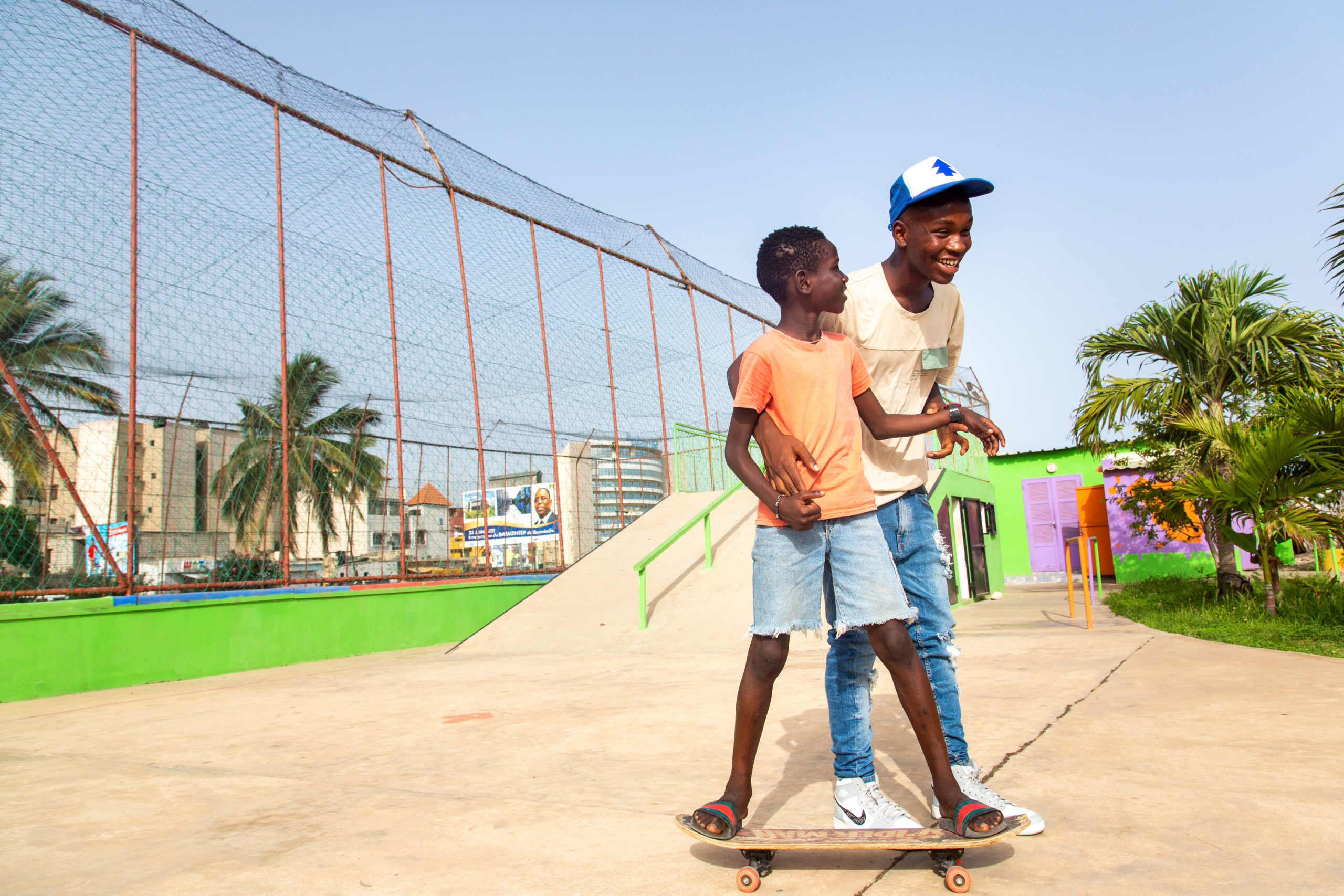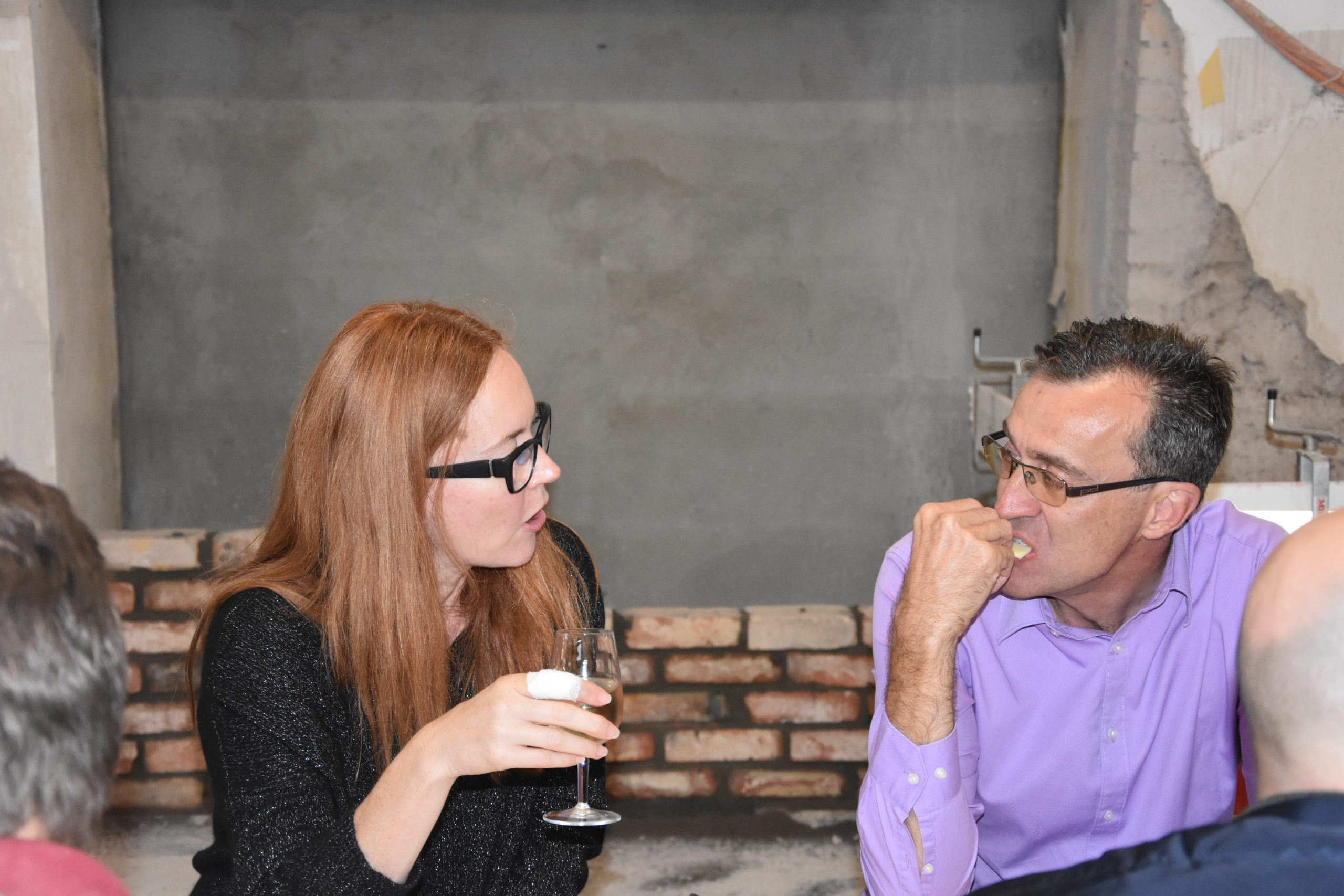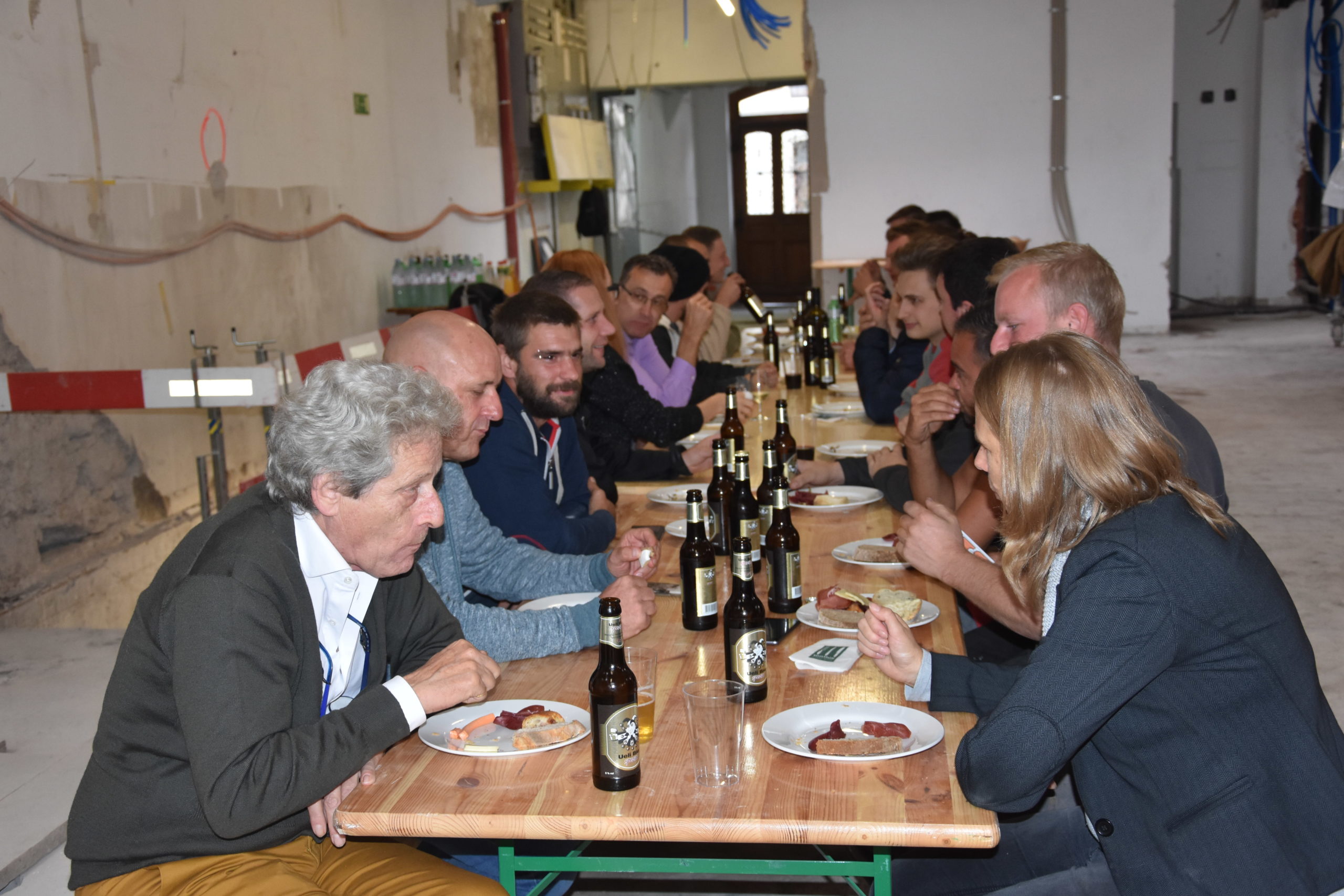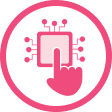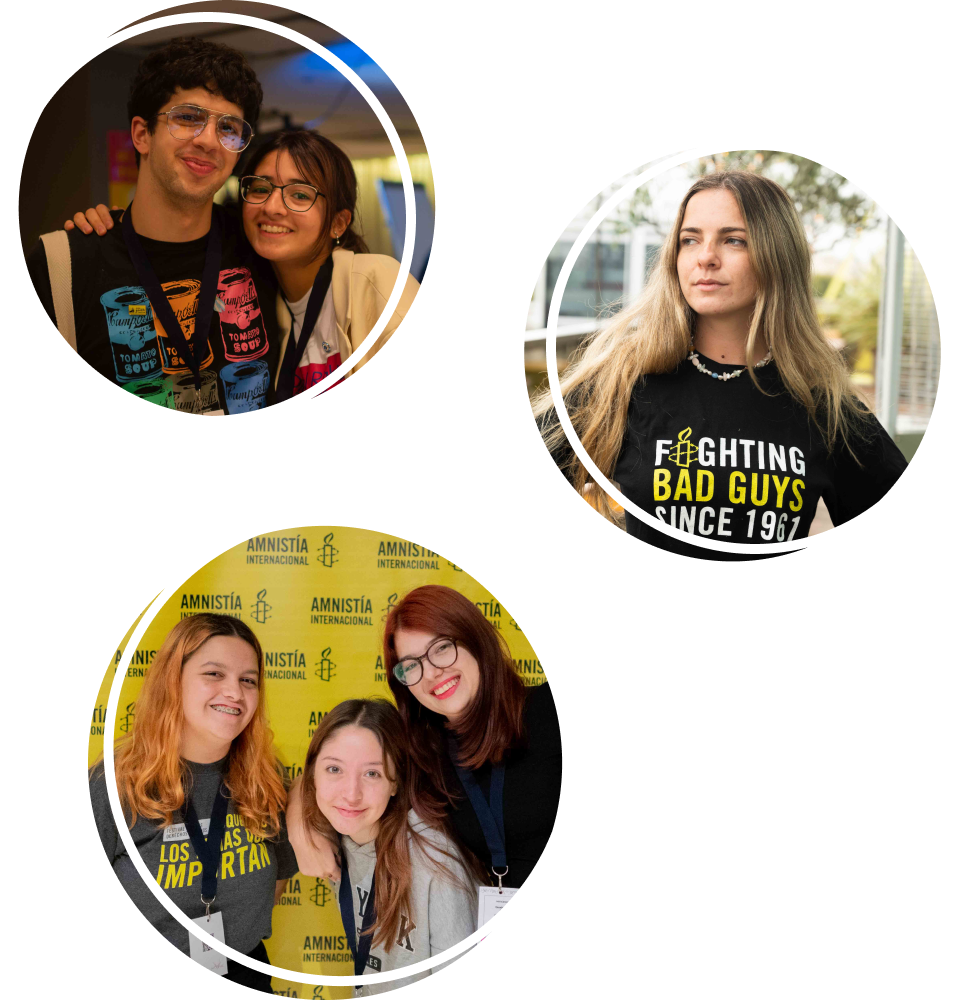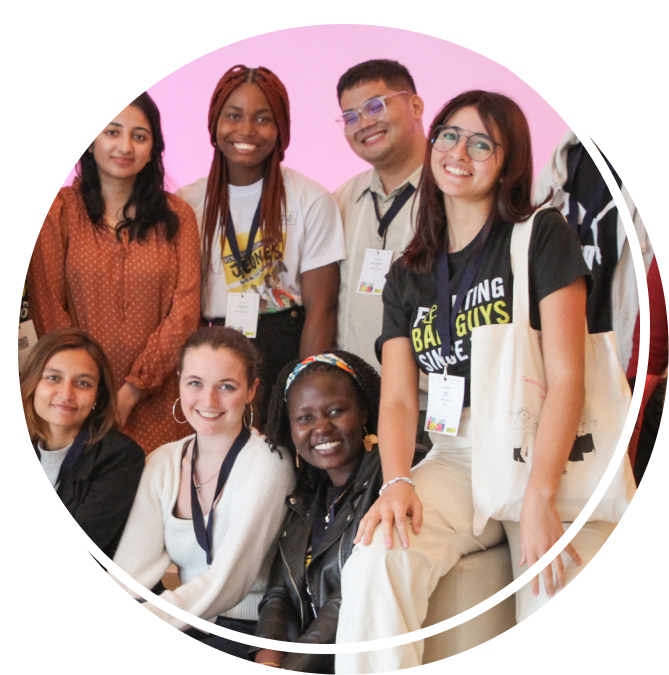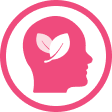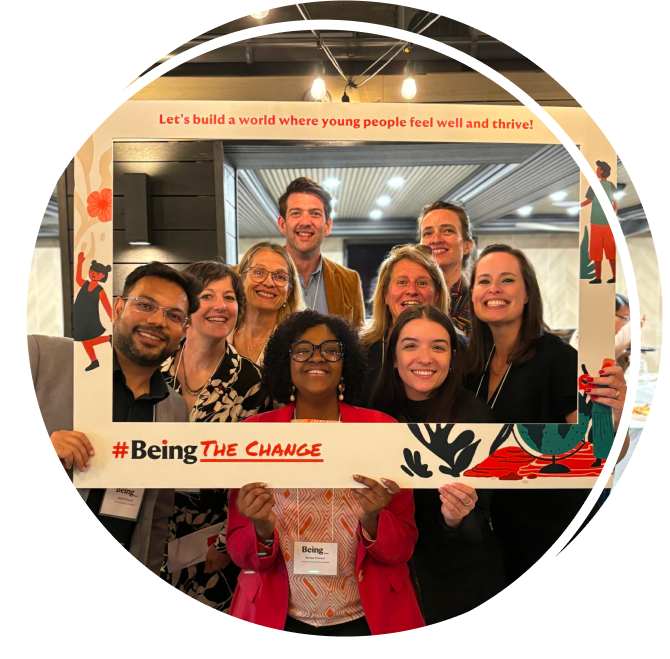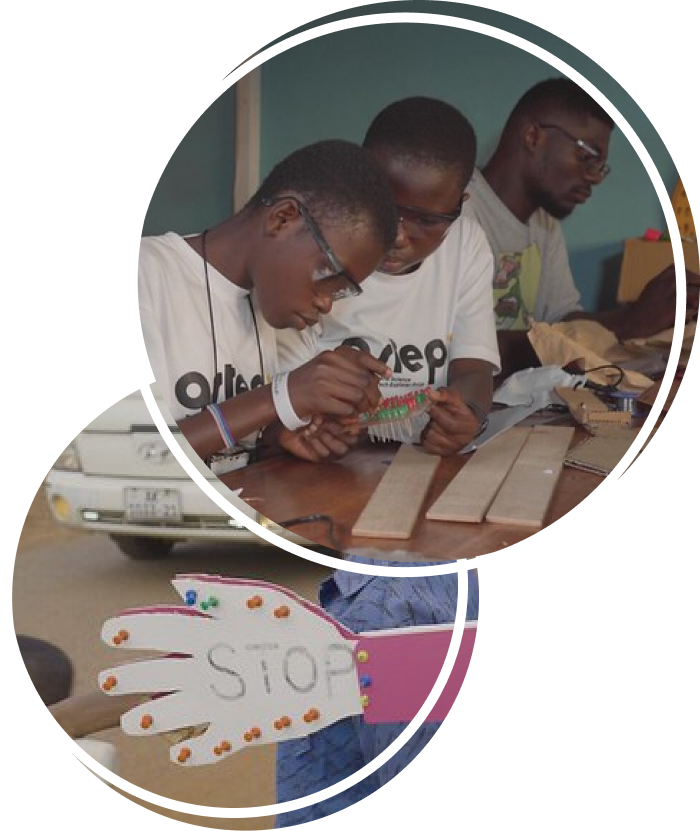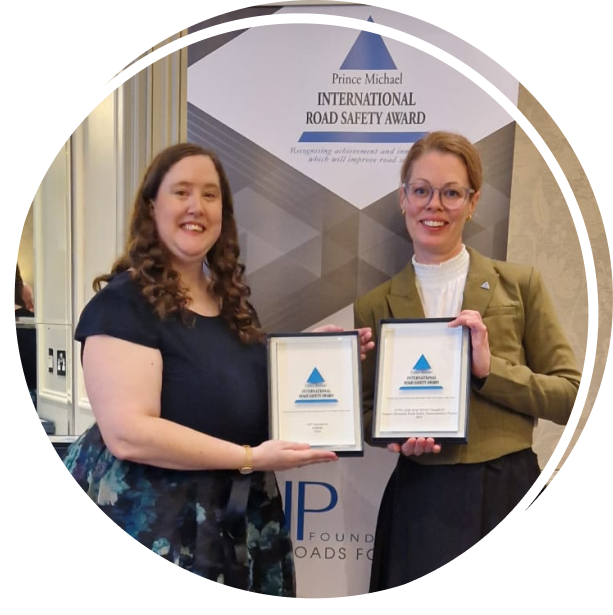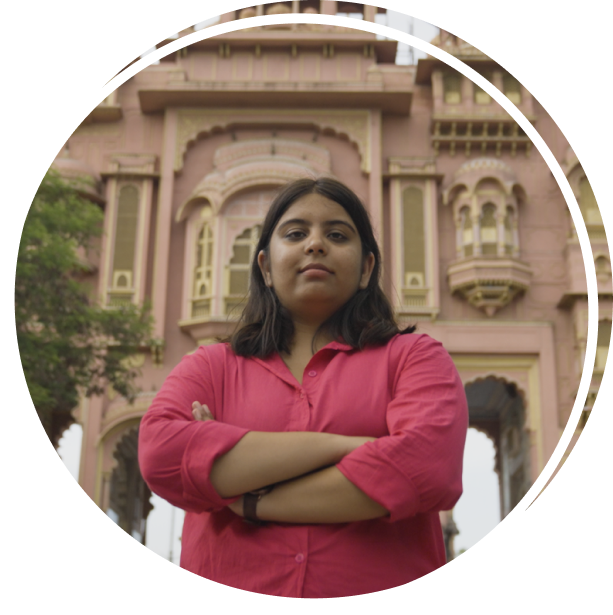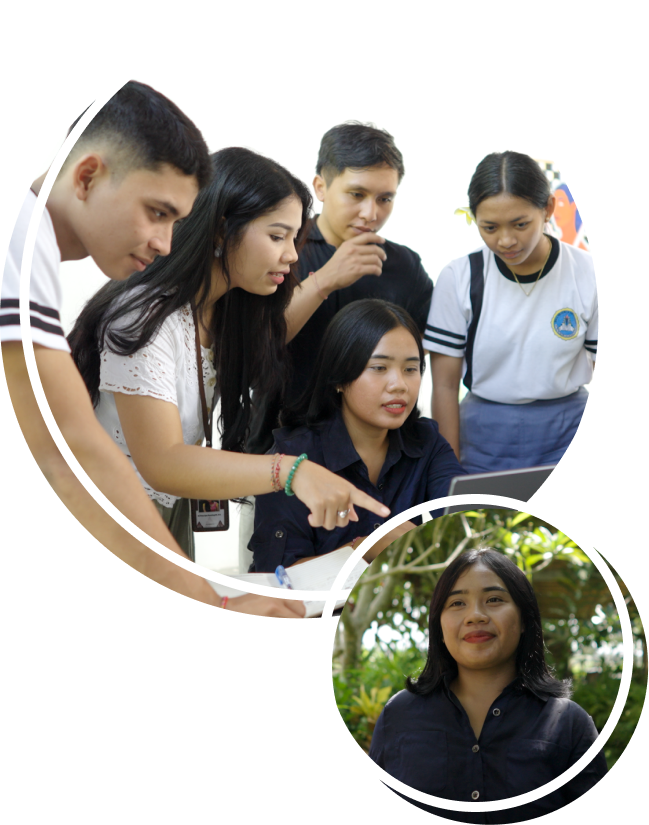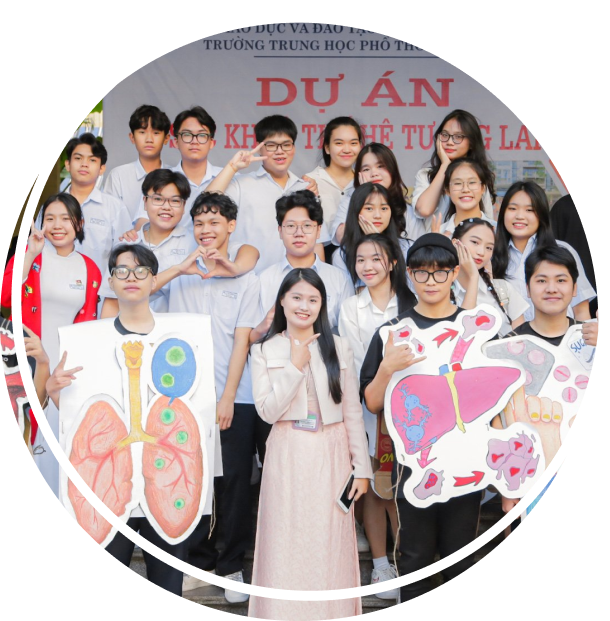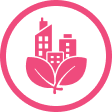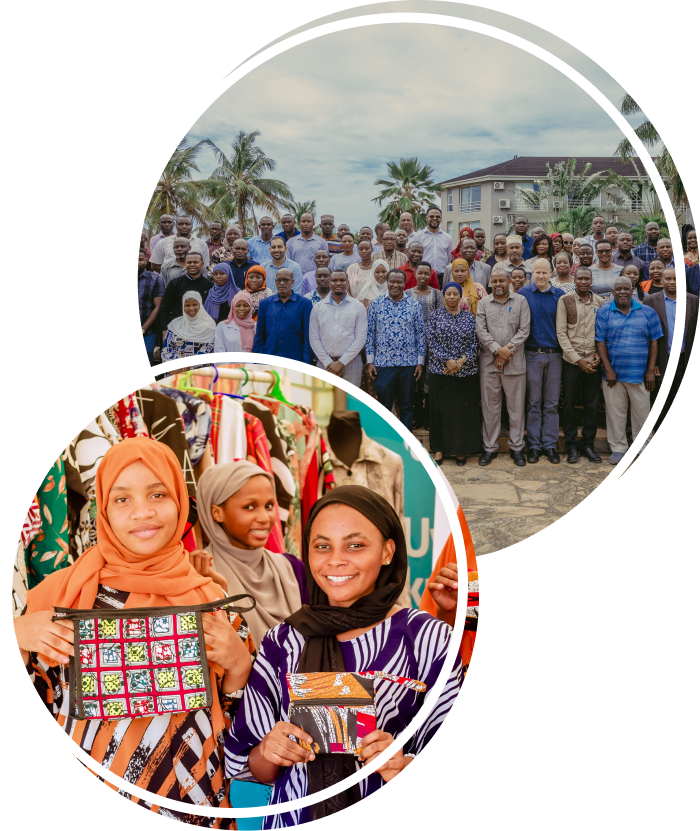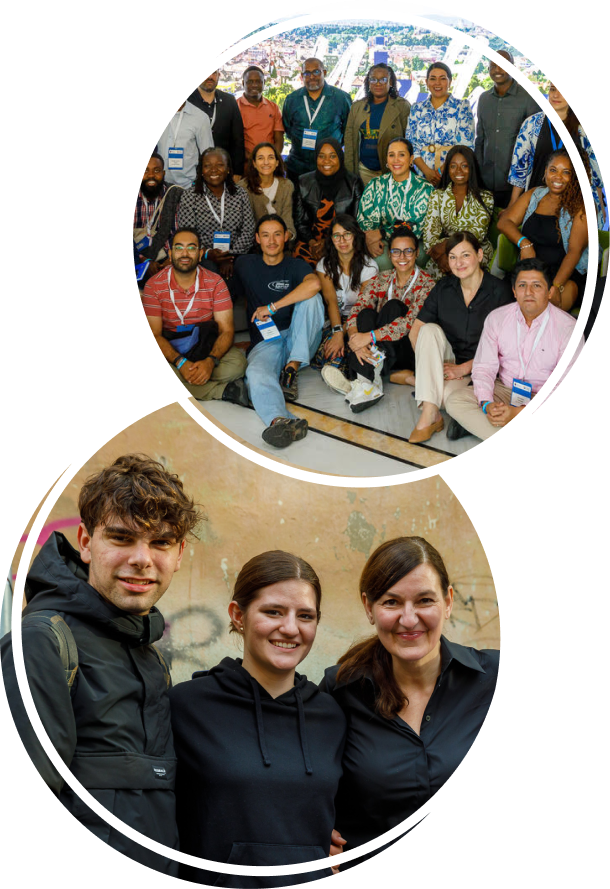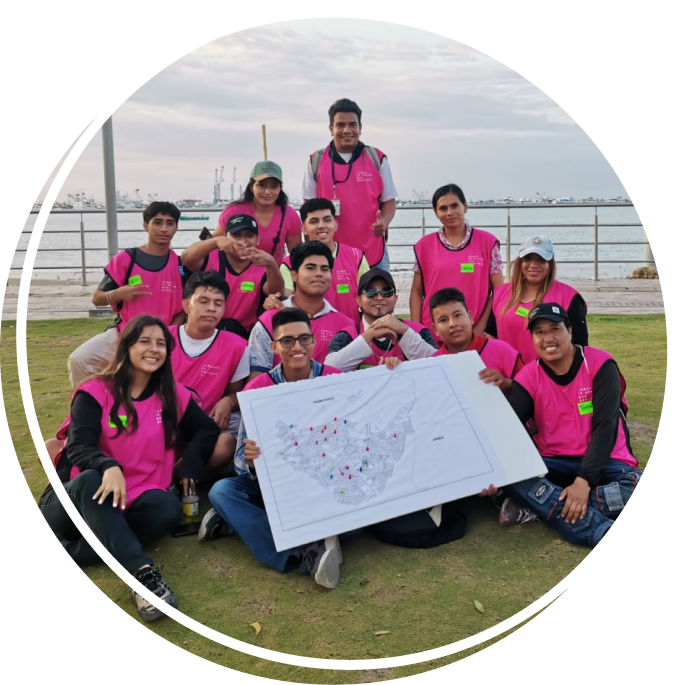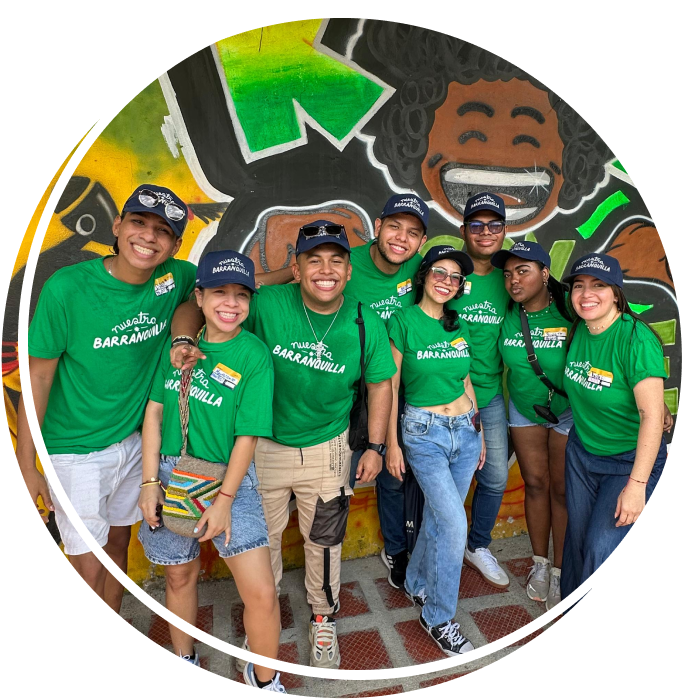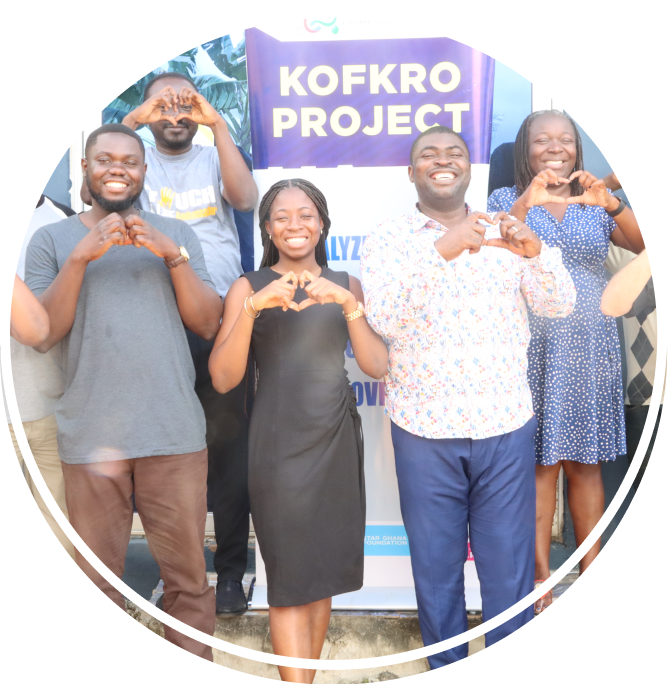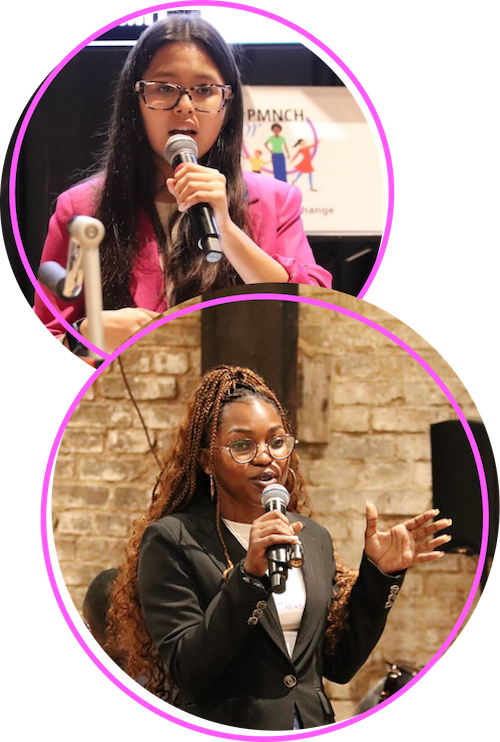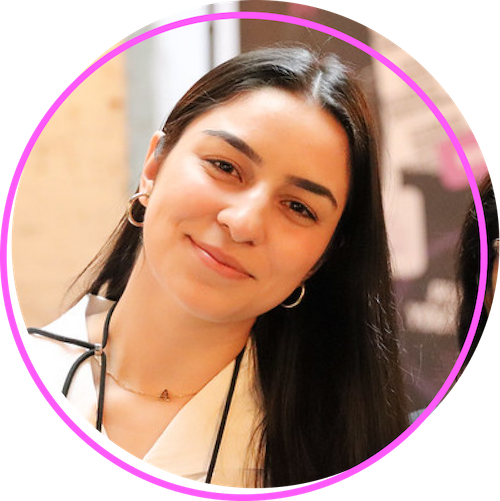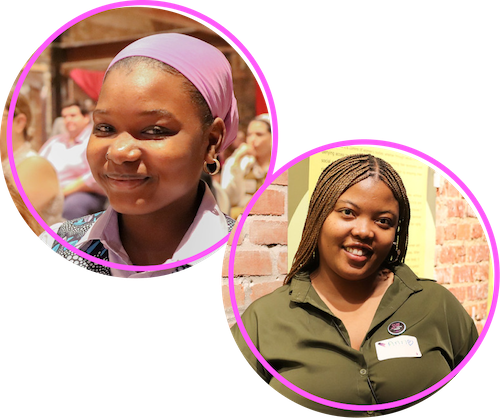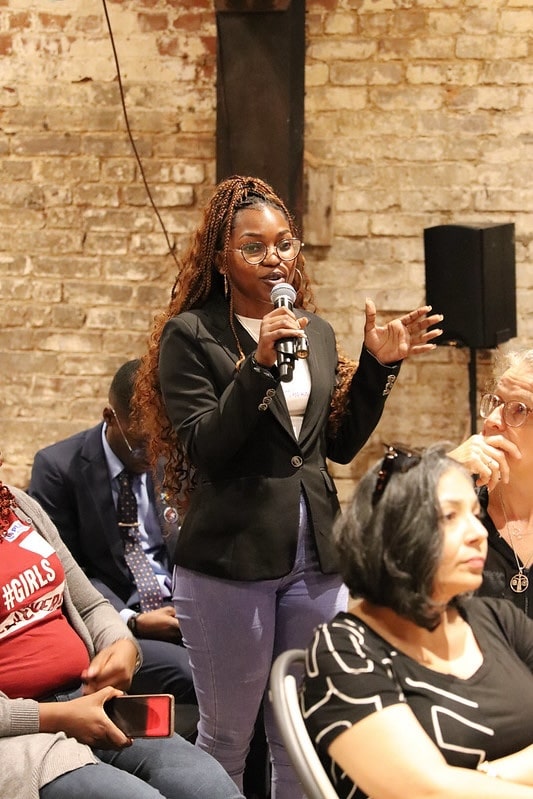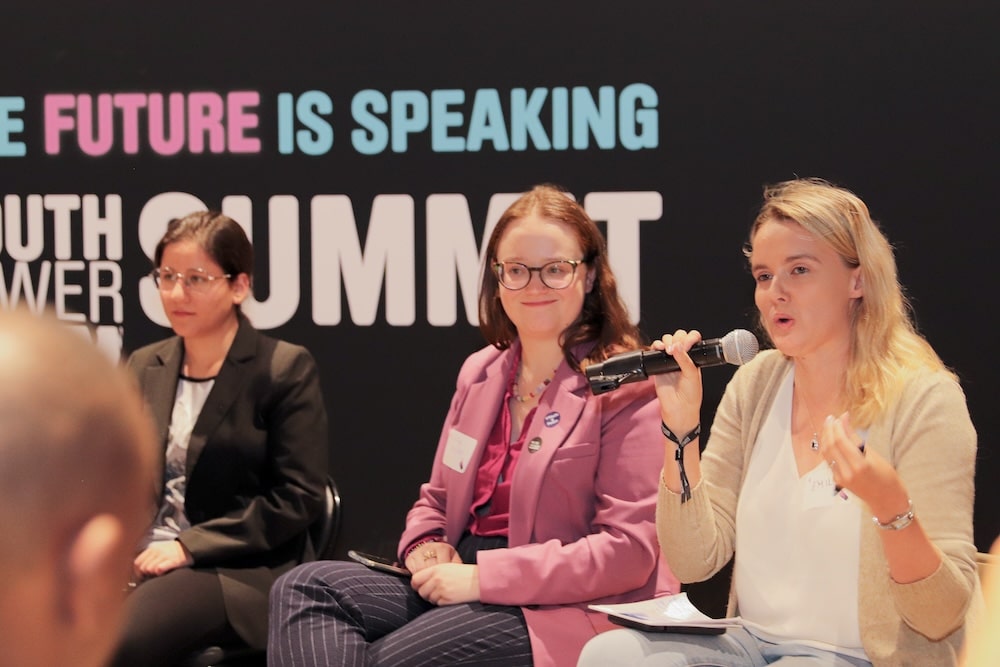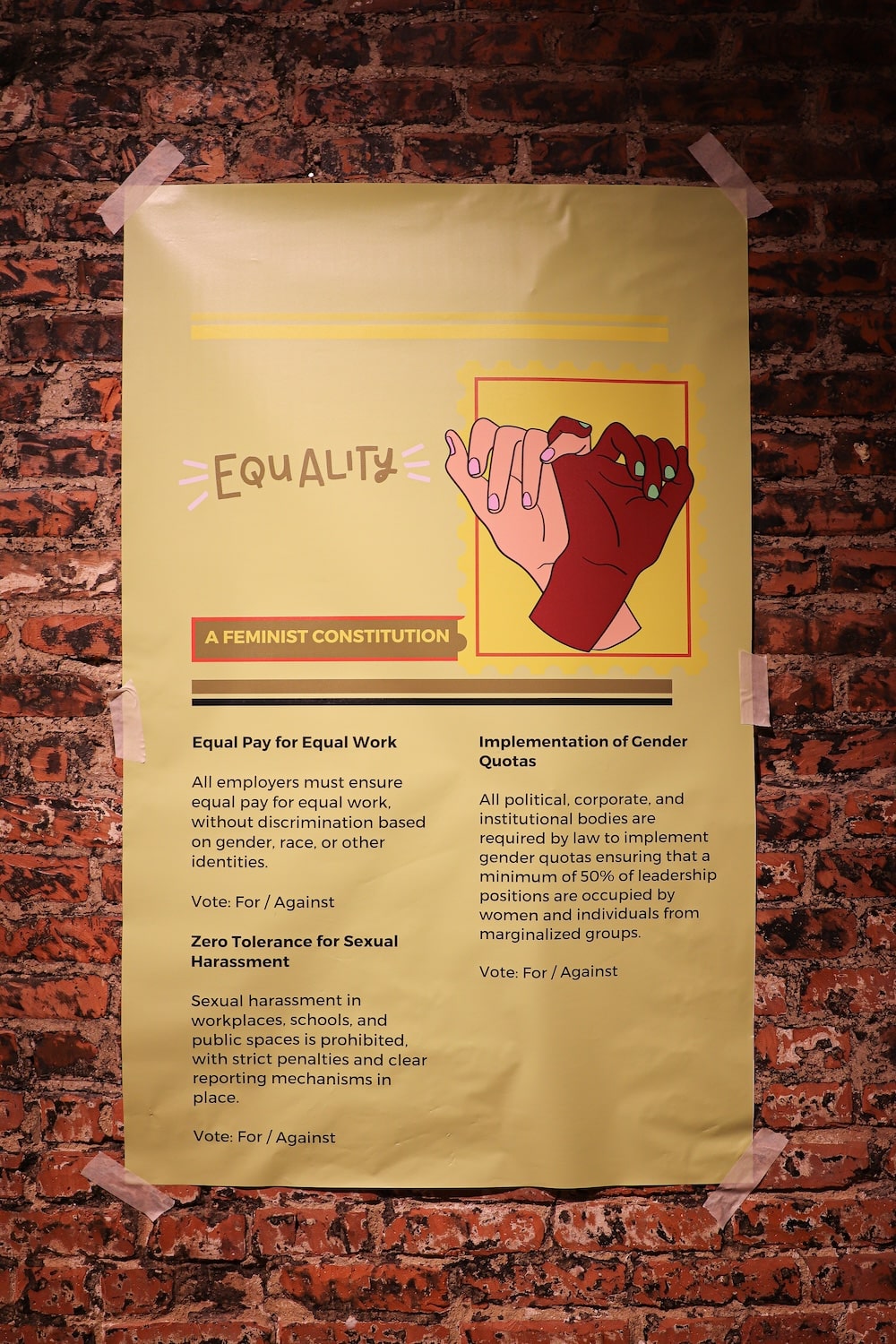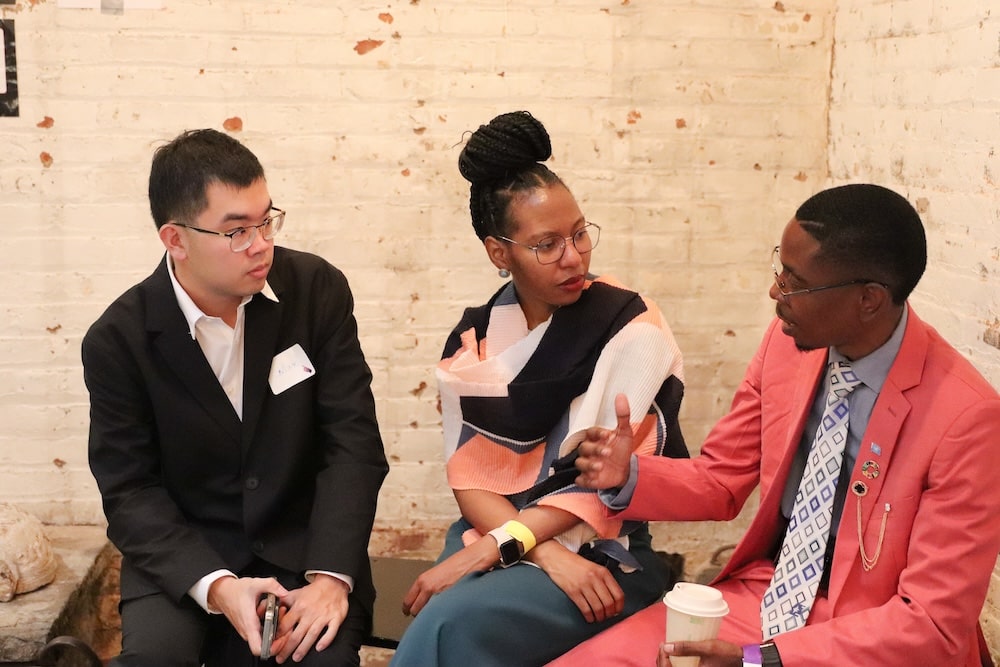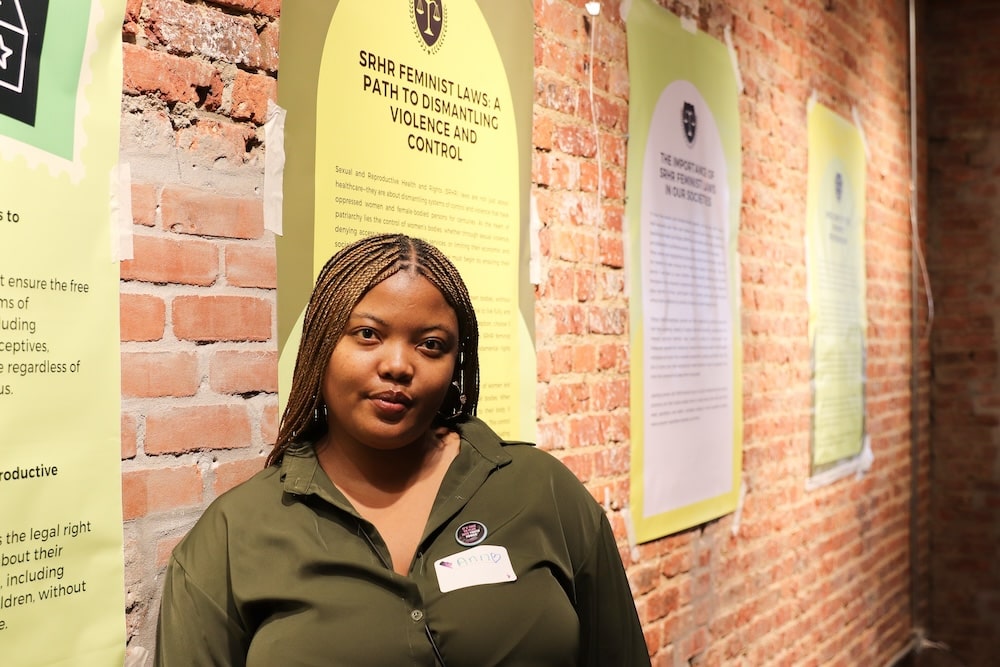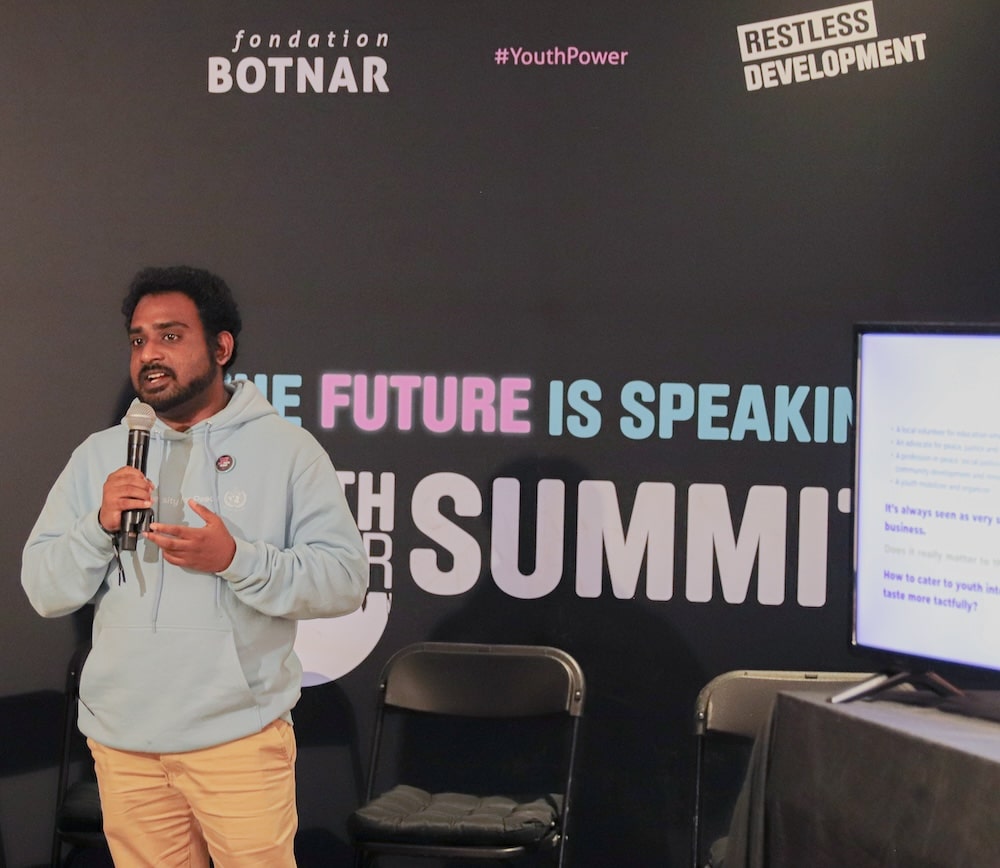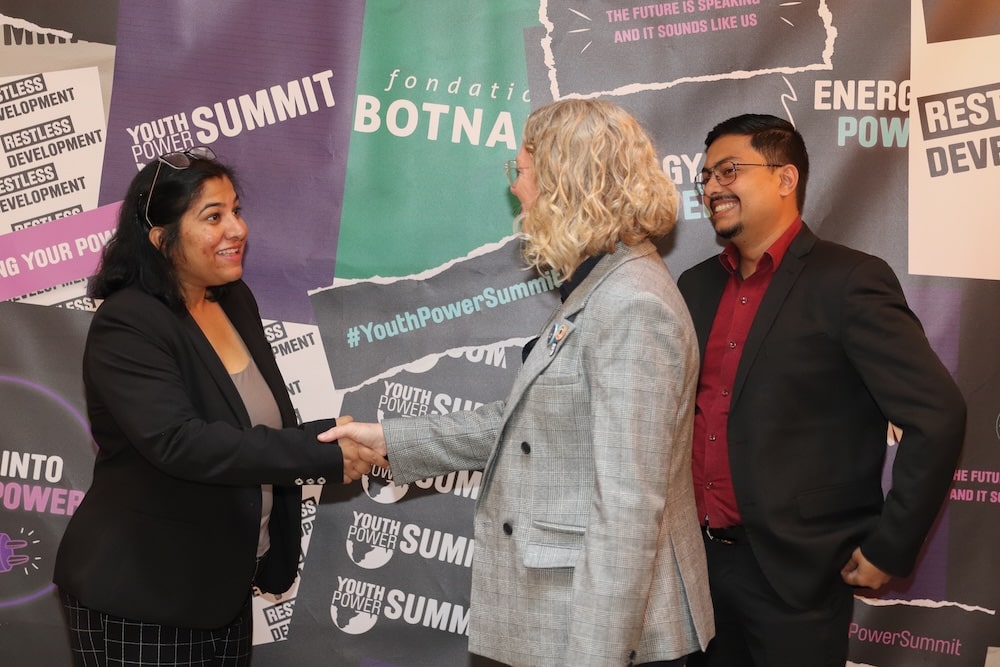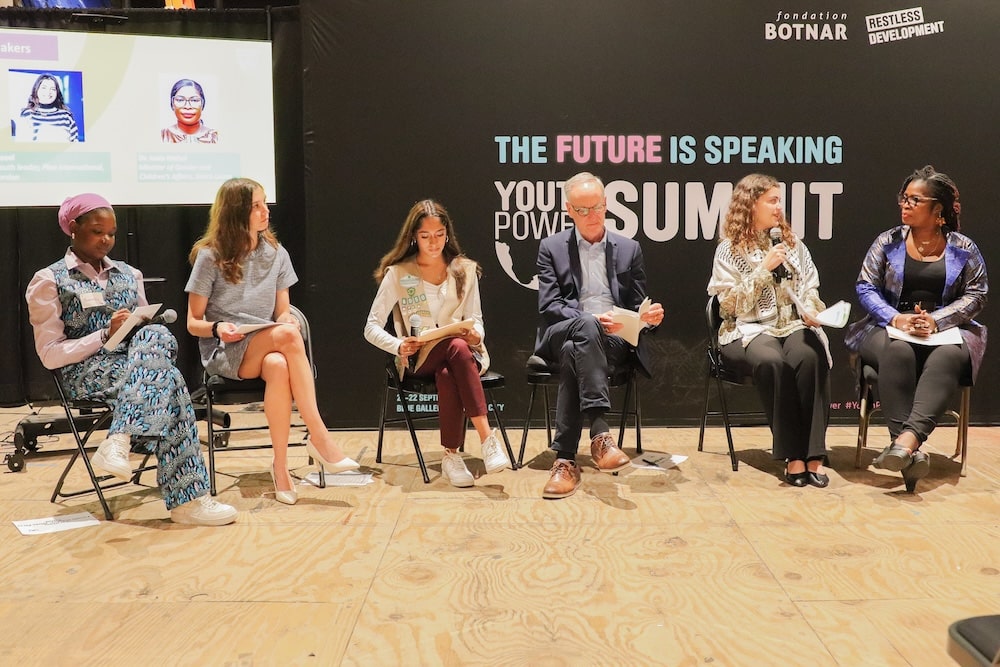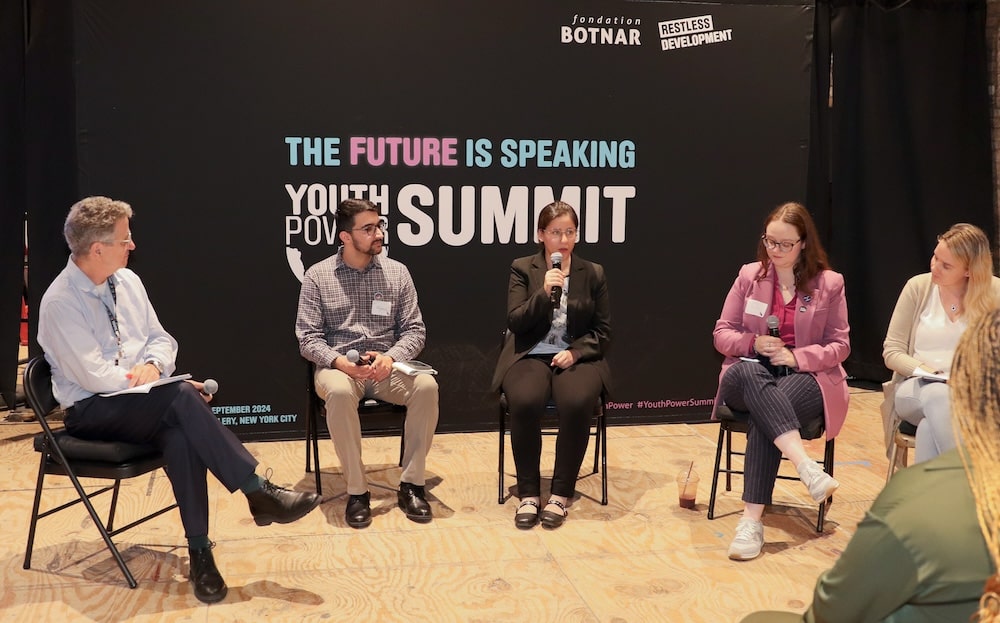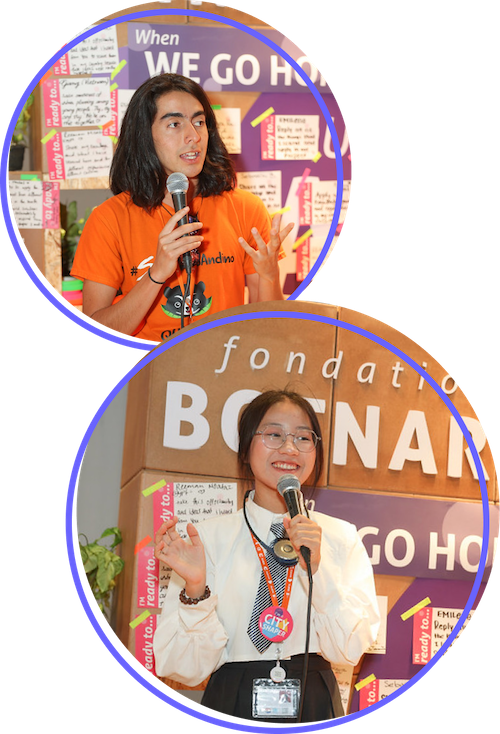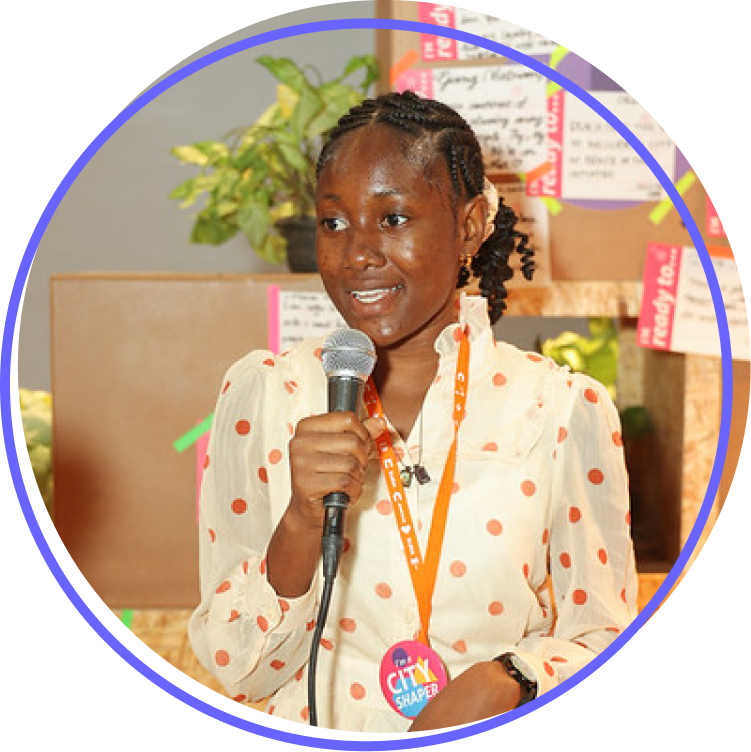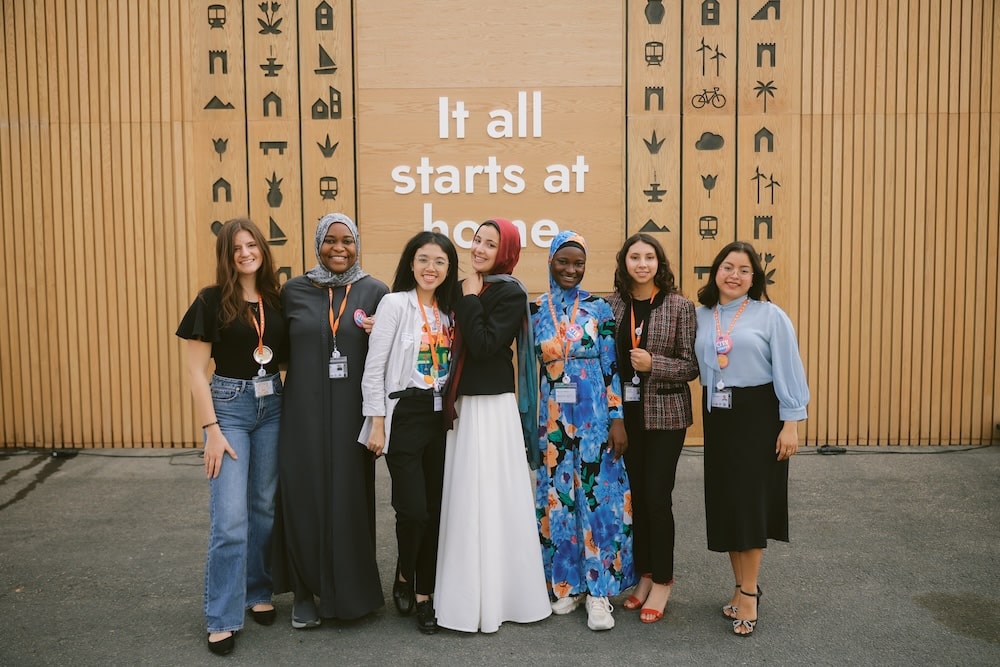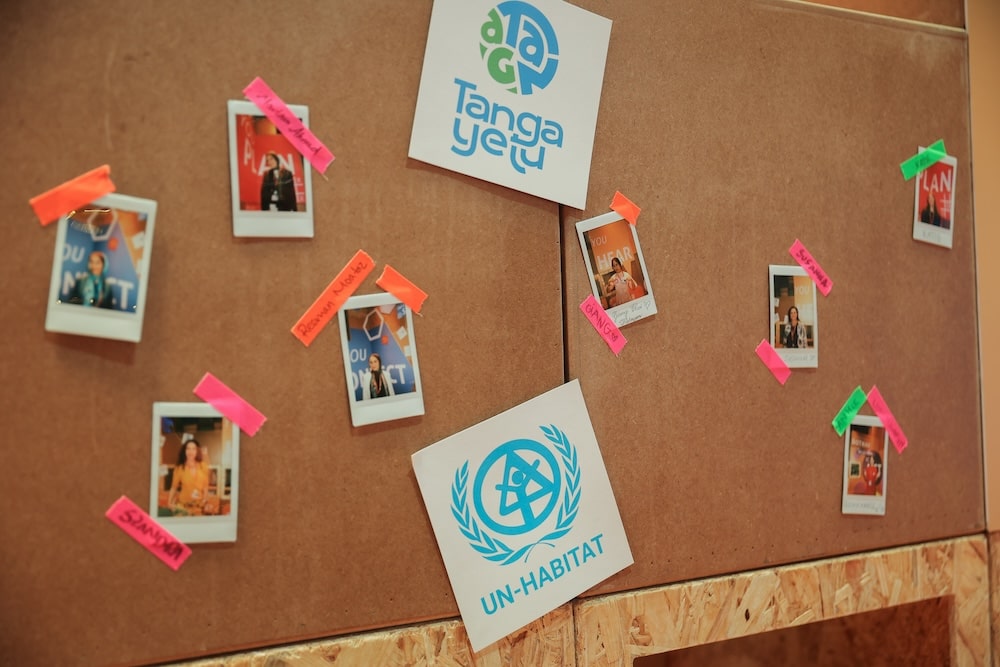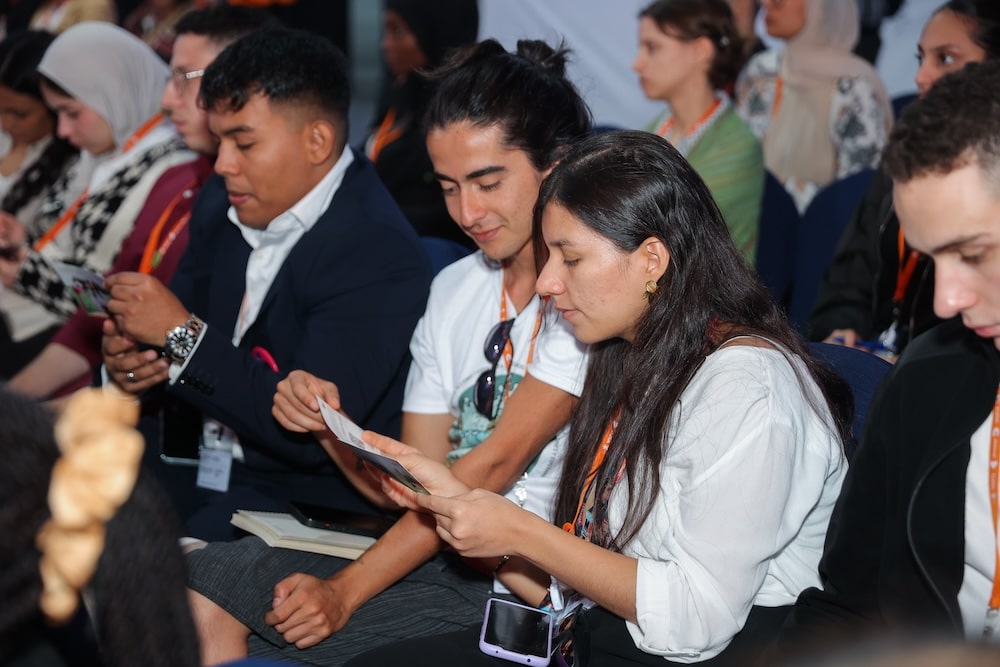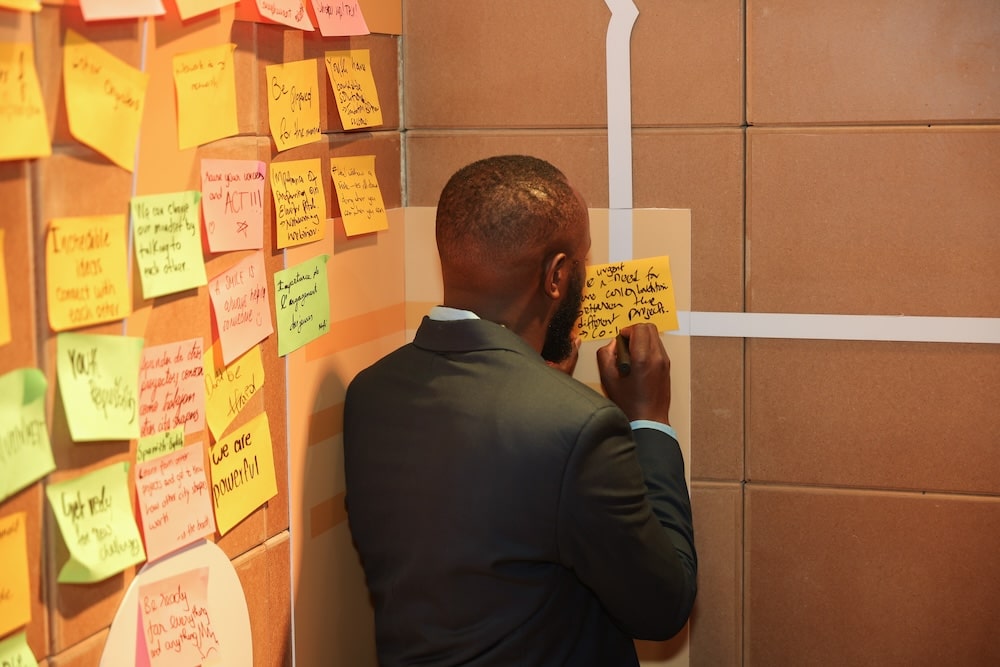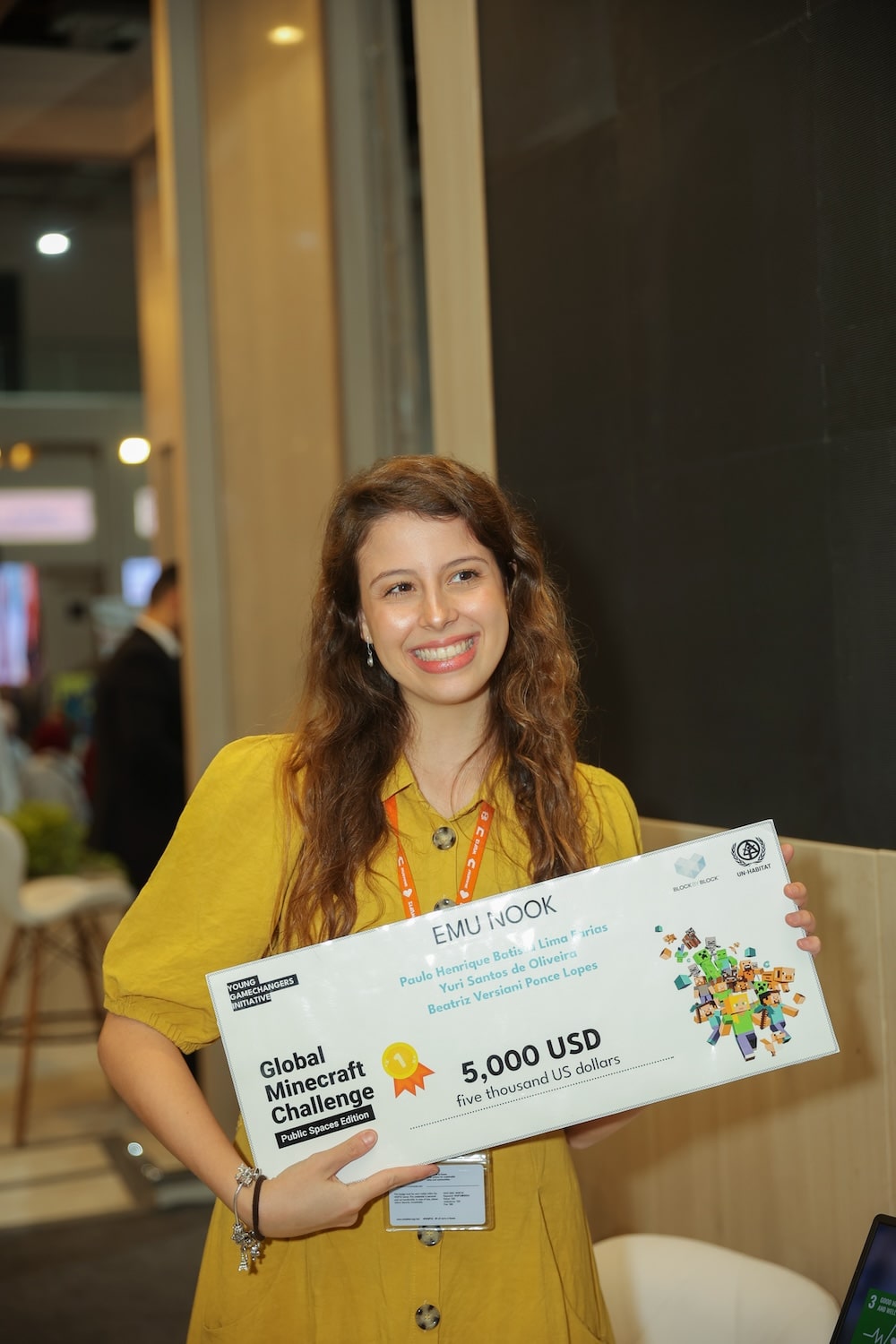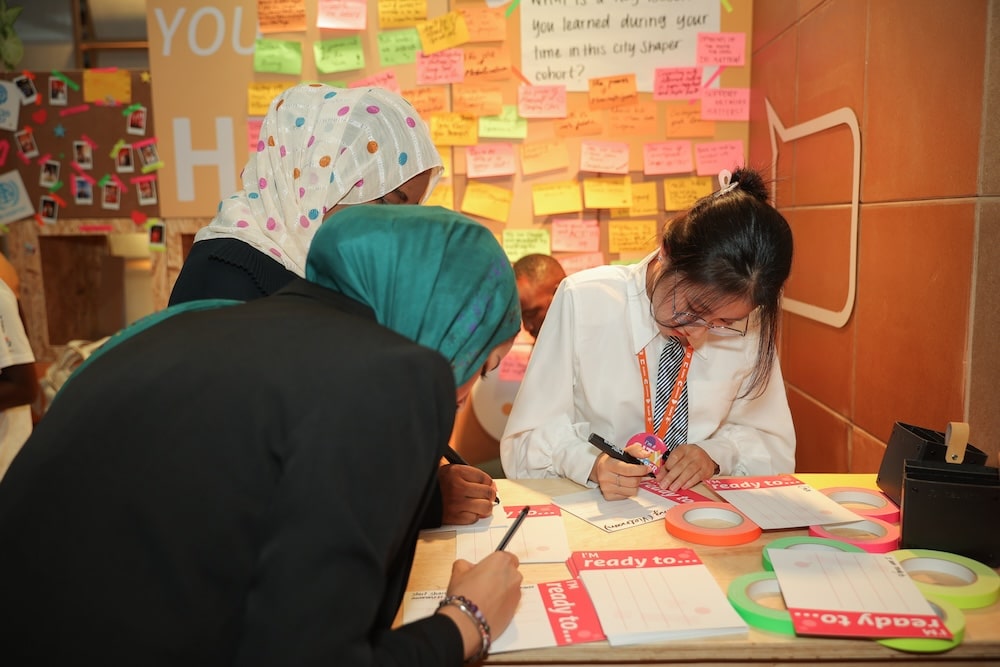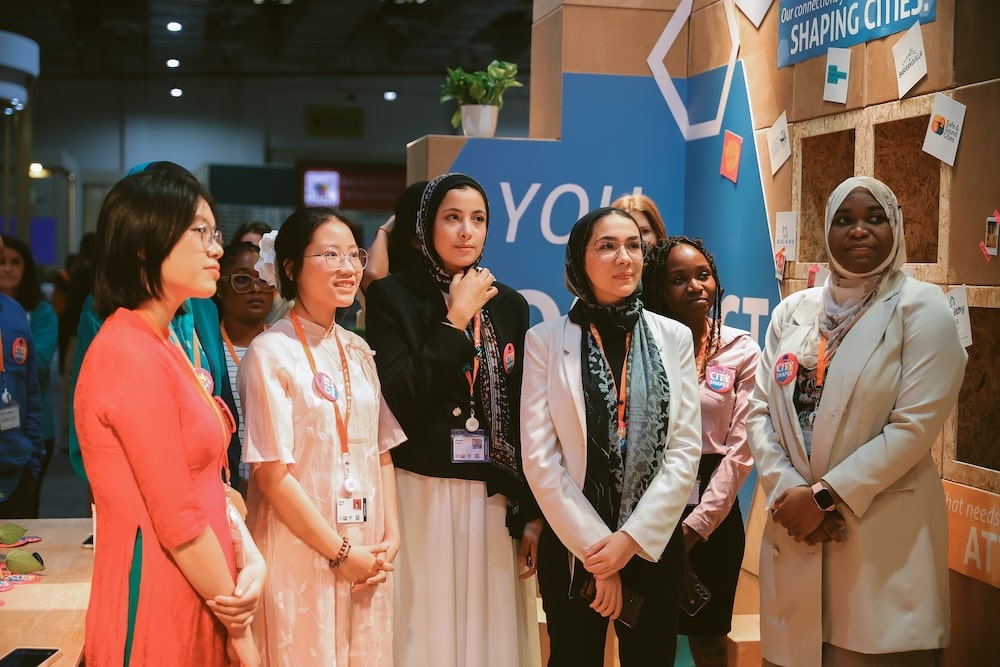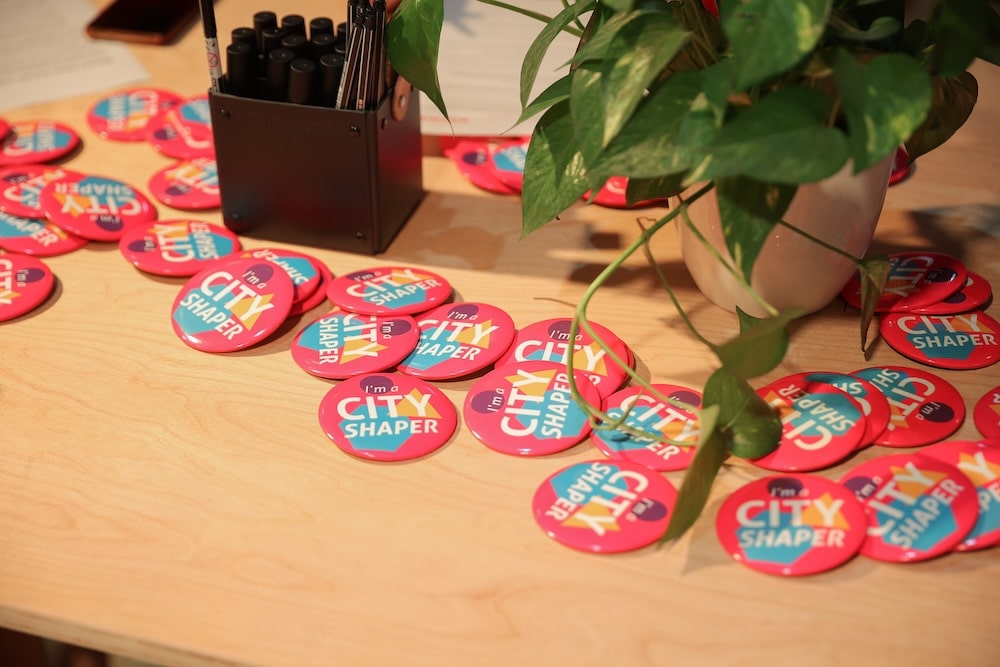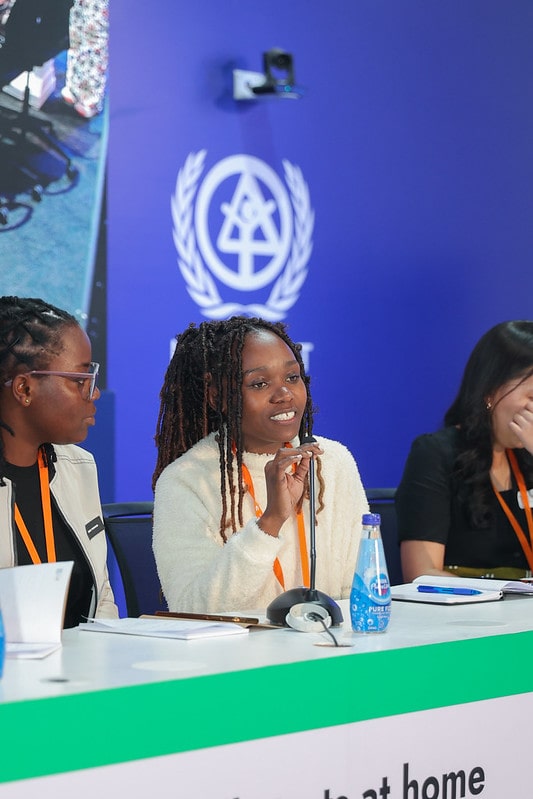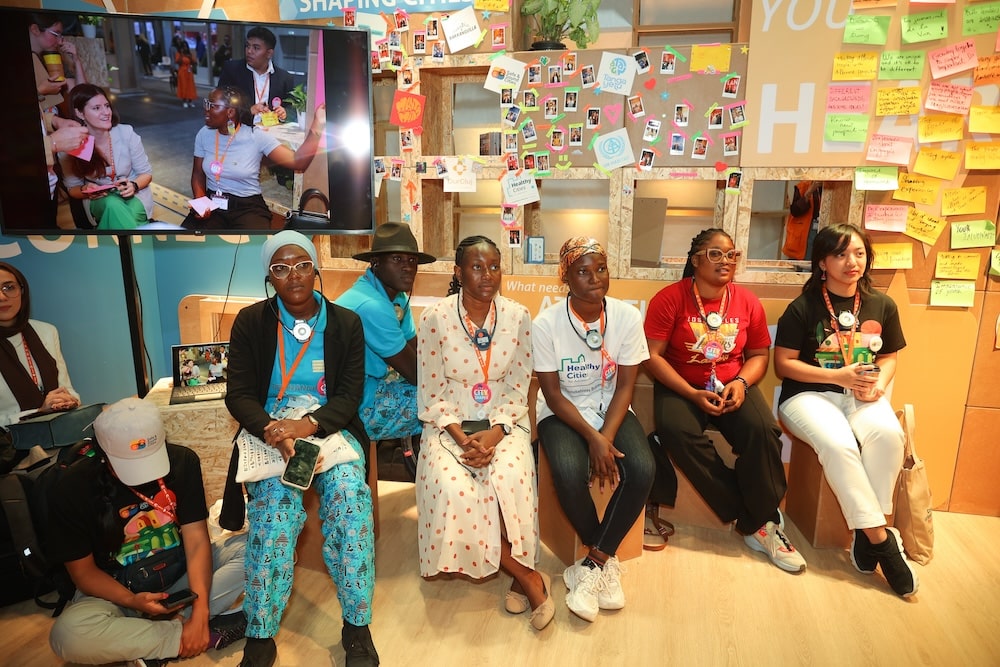This February is particularly important to me; five years ago, I took up my role as the first CEO of Fondation Botnar. To mark this milestone, I wanted to take a moment to reflect on and celebrate the journey we’ve taken to get where we are today.
Fondation Botnar was created to continue the philanthropic legacy of the Botnar family. For my part, I applied because I was fascinated by Octav Botnar. In researching his life, I found a story of resilience and perseverance, and saw a parallel with a topic that has occupied me for decades — the resilience of children and young people, the theme of research for my doctoral studies.
From the very beginning, I had the freedom to set up and develop the foundation collaboratively with the Board. I started in a single, almost empty, office room, with only my experience and excitement to make an impact on the wellbeing of young people in growing cities around the world in the digital age. It’s an area where I saw — and still see — a huge need and equally great opportunity. There was no guide to follow, no well-trodden path to walk. It was and still is exciting.
“Aufrichtung” celebration at our offices back in 2017. “Aufrichtung” is a Swiss custom where you celebrate the “raw” finish of a project with the artisans and workers involved.
In the spirit of the Botnars, we decided we wanted to begin making an impact immediately, not produce endless strategy papers for years first. It worked — in our very first year, we were able to award over CHF 41 million in funding to trusted partners.
Young people’s lives are increasingly affected by global megatrends, from urbanisation to digitalisation. It’s vital that they are able to lead healthy, safe, and self-determined lives and actively make a positive contribution to the sustainable common good. This is not a simple area of work, but we quickly familiarised ourselves with the complicated, interconnected world of urban and digital health
That mindset has continued at the foundation to this day, as we challenge ourselves to evolve and learn, and make a bigger impact. To continue to improve, I think it’s important to examine our journey so far.
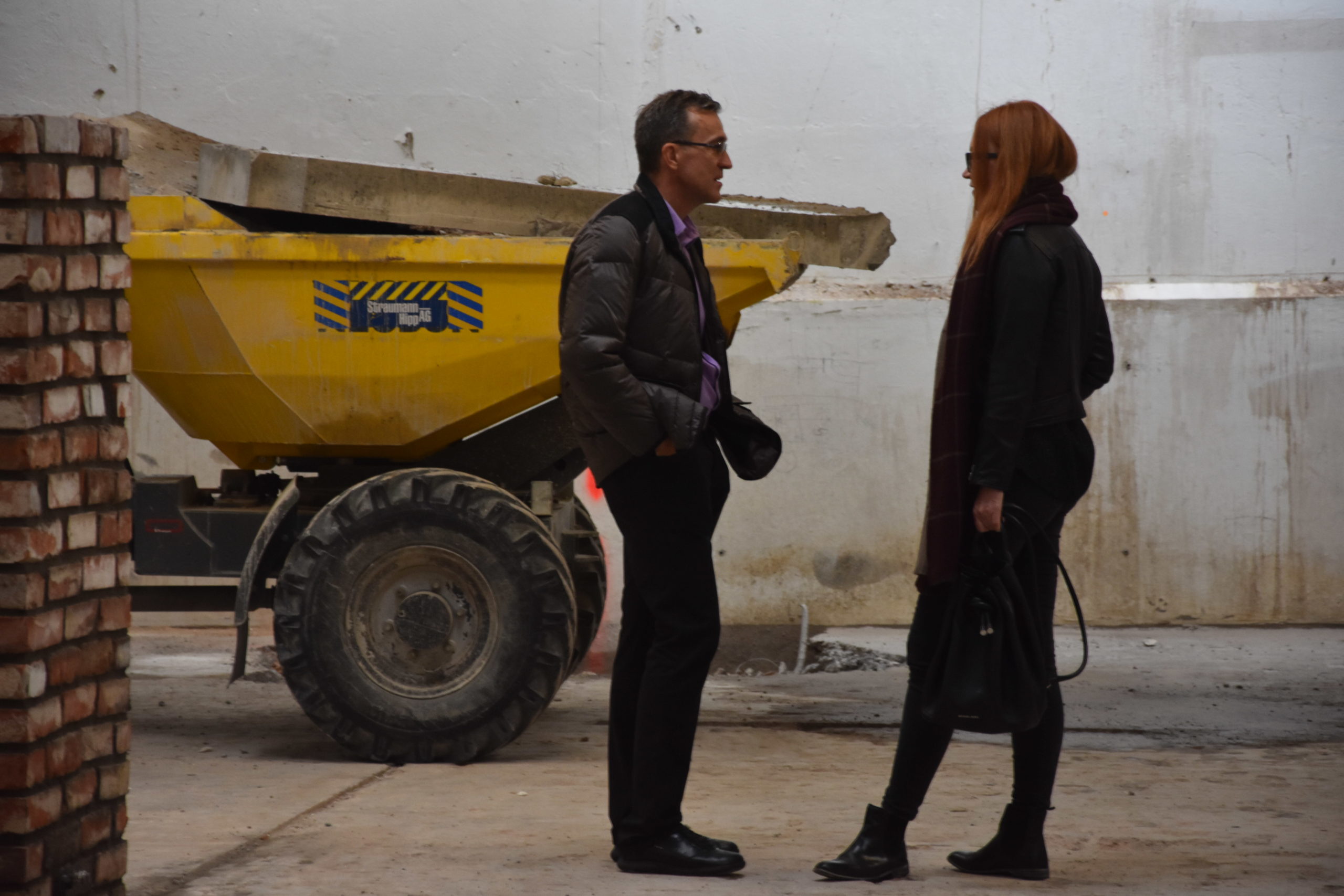
For me personally, the greatest highlight of the past five years has been our work in the city of Tanga in Tanzania. Since it became part of the OurCity initiative and we’ve been working there with our partners, I believe it’s a great example of what can be achieved when we work actively with young people. Just four years ago, Tanga was a sleepy provincial town; today it is a thriving digital learning hub with many young people who want to get involved and move forward.
Of course, just as important as celebrating our success is to learn from our failures. We’ve learned through trial and error just how important it is to ensure other co-investors are closely involved and aligned with projects from the very beginning, to avoid the potential for mismatched dependency on us by start-up partner organisations to prove problematic down the line.
There is also the challenge of measuring our work. We work in highly complex, urban environments where tracking progress can be tricky. But thanks to the hard work and dedication of the team over the last year, we’ve made great strides on this front, and the way we monitor should be transformed — not just for individual projects, but for the full scope of our work. With partners, we’re developing a promising approach in the area of complex ecosystem transdisciplinary evaluation and impact measurement.
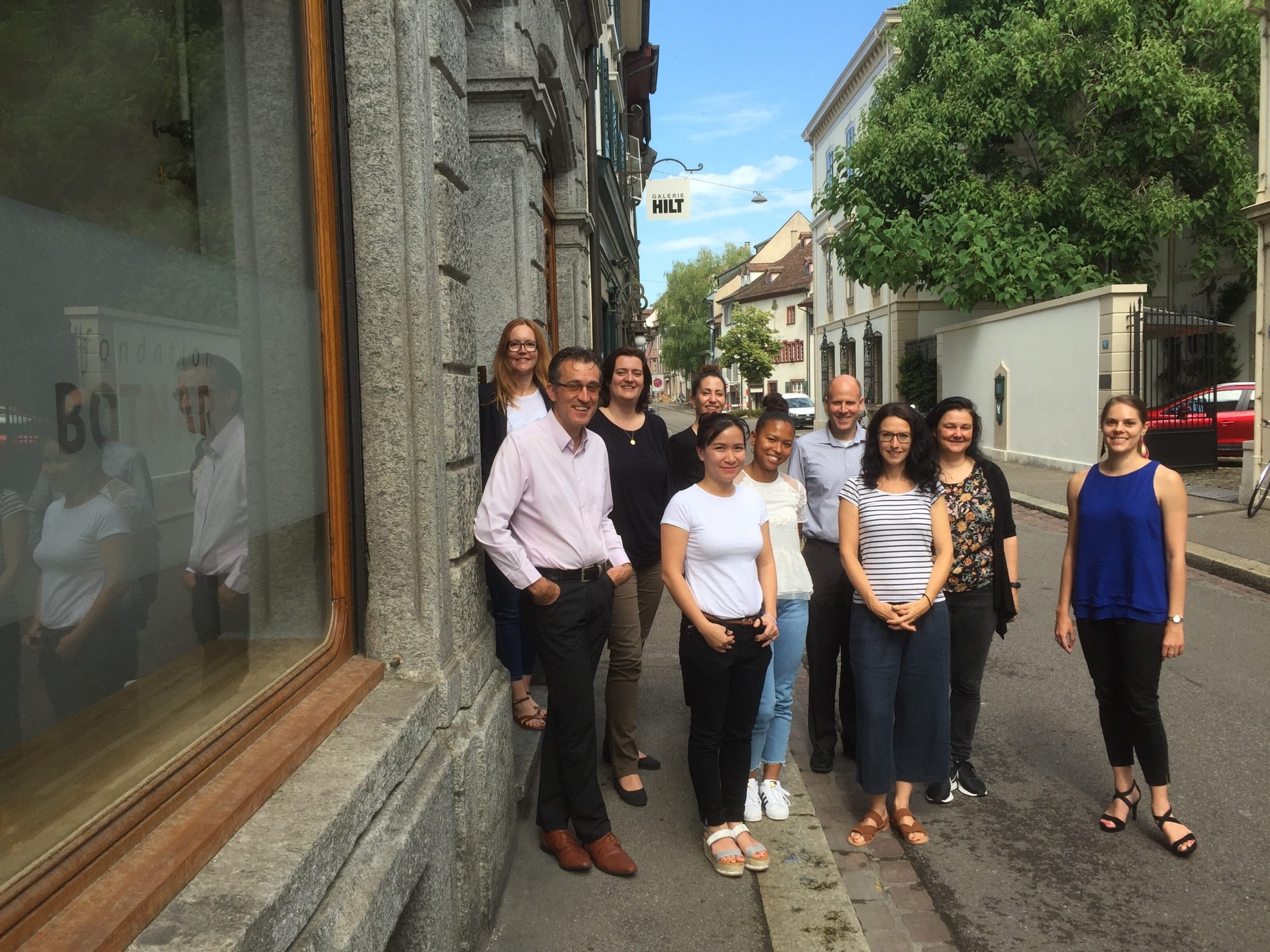
Some of our team members soon after we opened our new office back in Summer 2018.
All in all, I’m incredibly proud of how Fondation Botnar has developed over the past five years. Our values of trust and quality are well established. We’re a professional and modern foundation that’s making distinct contributions to society. And we’ll continue to constantly improve, evolve and make an impact, because that’s what’s at our core.
At the end of the day, I try to imagine what Octav and Marcela Botnar would think if they walked through our doors today and I could tell them about our team and our work. I am sure they would be pleased.
